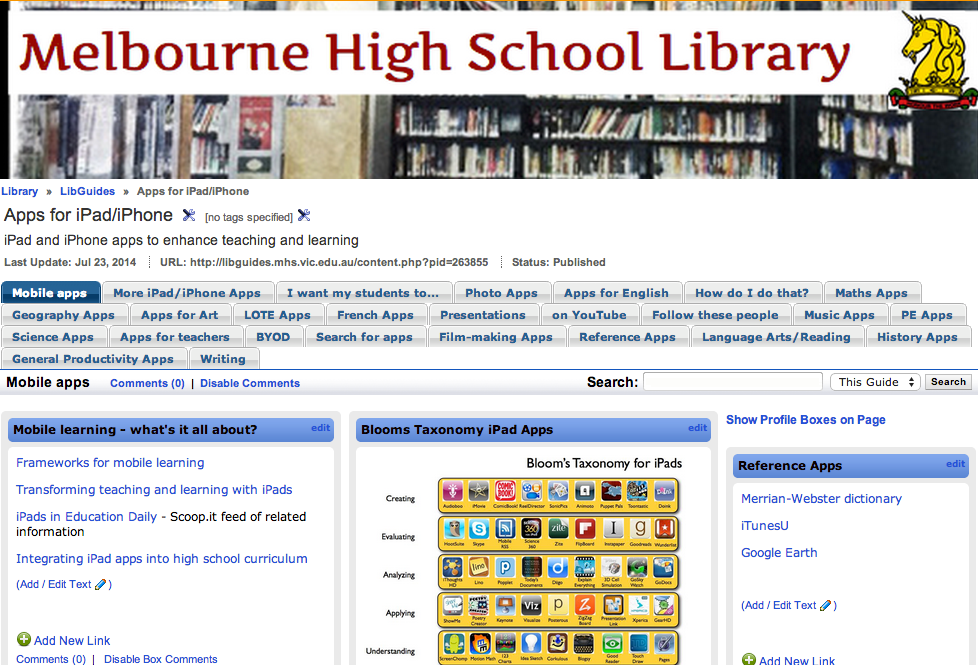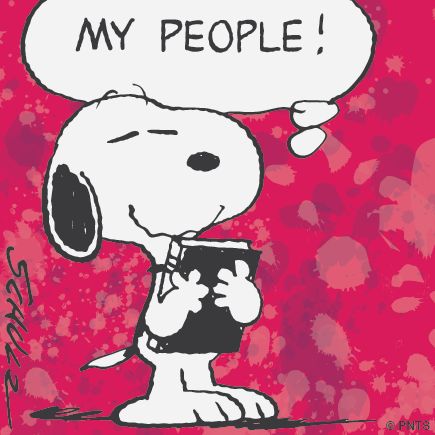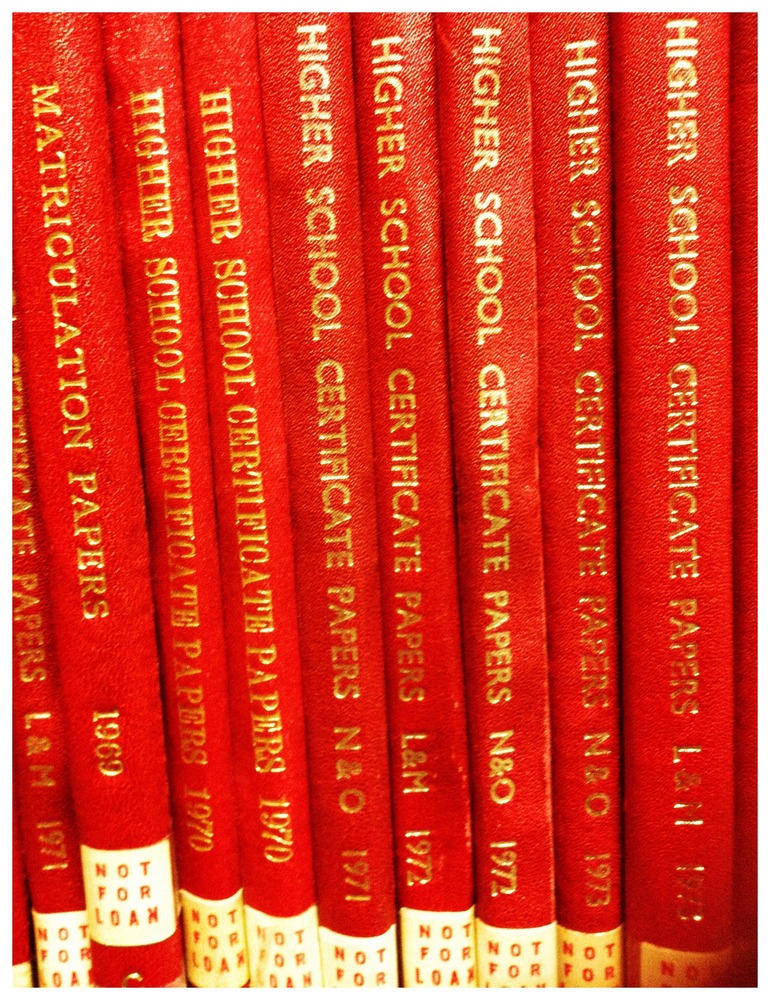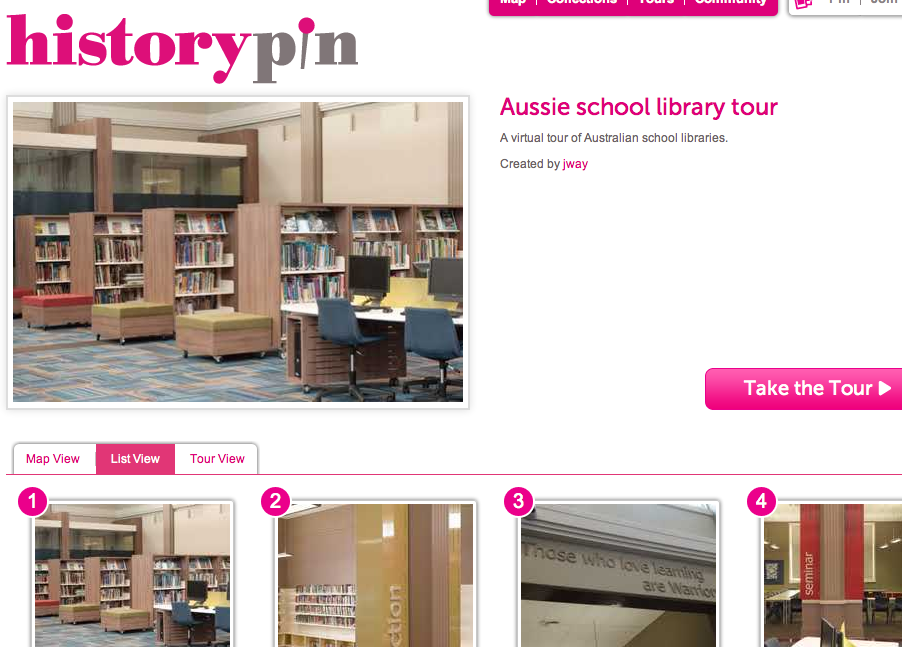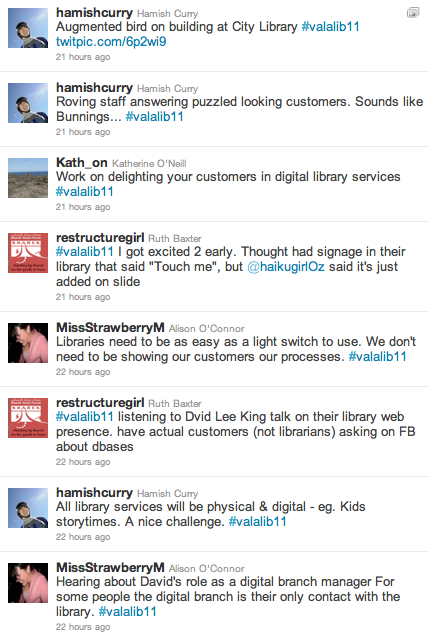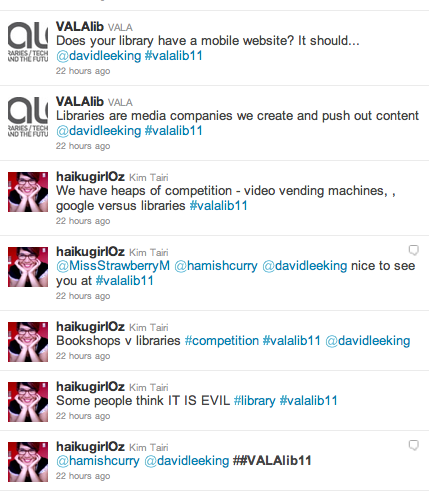
La lectura es el viaje de los q no pueden tomar el tren
I’m writing an article about marketing the school library for the publication FYI.
Marketing. I used to think that it had nothing to do with education. Marketing school libraries? Bad taste. Things of value should stand on their own merits.
But here we are living in libraries within schools – part of the school, not quite part of the school. I have to admit that much of what I do is a form of marketing – the benign kind, the sincere kind, but marketing nonetheless. No, we are not selling our souls but we do need to reach out and make connections with the teachers who have charge of the students. We need them all so that we can make a difference.
Still, I have many questions about this marketing thing. I would love to have a full-on discussion with other teacher librarians about this, and with teachers, to see what they think. To see what you think.
So I’m going to offer a few of my thoughts in the hope that you will leave a comment. What do you think about this as a teacher librarian, as a teacher? The following is selected from my article:
Library promotion and the forging of relationships with staff is what we do every day.I don’t claim to be an expert and there is no ‘one size fits all’, but what I’d like to do is share my personal experience and my story.
Marketing your school library is not optional, as far as I’m concerned.
Why?
Marketing the library is a most important job, not only to make the library visible but also to make it shine, to show its vibrancy, so that teachers and students will take a break from their relentless busyness and take notice; so that they will want to come in to see what’s going on.
Sadly, libraries are sometimes invisible – despite bright and shiny new furniture, despite the brilliant displays, despite the extensive collections, despite the well meaning efforts of librarians. What I mean by that is that the library and library staff are not an intrinsic part of the essential teaching and learning activity of our schools – they don’t show up on teachers’ or students’ radar – unless we make them so. And we have to keep making them so on a daily basis.
The library used to be THE PLACE people came for information but it’s simply not the case any more. Surely you’ve noticed how often student assignments are set and completed without anyone stepping into the library. We all know how indispensable we can be and should be when research assignments are created so we need to educate students and teachers that we have the experience to support them in navigating the flood of information they now have at their fingertips. We all know our area of expertise: we can show them how to find what they need when it seems like finding a needle in a haystack – how to locate, evaluate, sort through and select, organise, interact with and synthesize information so they can create what is required. But often teachers and students will have no idea that they are playing in a sinkhole when they trust Google to find what they need. There is no doubt that we need to seriously promote ourselves as playing an essential part in everyday teaching and learning.
How?
Granted, that is easier said than done. There is no ‘one size fits all’ solution. I would say, trust your instincts. create connections, nurture authentic and meaningful relationships with teachers, faculty heads, leading teachers, assistant principals and principals.
Be yourself, be real. Don’t put on your teacher librarian persona and go out door knocking like a missionary. There is no script. You will know what to say.
Be patient. It won’t happen overnight. It might not happen the way you envisage but something will happen. Connect with other teacher librarians, blog and tweet about it, and share your experiences, reflections, evaluations. Be honest, be deep. It’s not all about what can be seen from the outside, it’s also about creating cultural shifts, shifts in understanding. All of this takes time. Look for and celebrate small successes.
Be awesome, surprising, and indispensable. Find and share what teachers want and need, but also make it amazing and wrap it up in gorgeous colours with metres of ribbon and exotic feathers.
Think about the library as a space; it’s prime real estate. The library can be a Wunderkammer, and when people come in, they should feel happy and intrigued, and wish they could stay a while. It should be a refuge for teachers from their relentless running from class to class. And you should become indispensable because you have offered to create something they have little time to do.
Where?
Everywhere – in library spaces, in classrooms, during chats in the corridor or quick catch-ups after a staff meeting, during sports days, music days, and PD days.
Don’t forget the power of promotion online – to your staff, students and school community but also to those outside the school walls. Let’s promote ourselves and what we do in our schools to the outside world, creating a reputation for being awesome, inspiring others, and being inspired by them.
It’s essential that we are seen in places other than the library. Let’s unleash ourselves from that ancient library institution – the desk. If we are stamping books and dealing with delinquent photocopiers for too much of our time, let’s think about what we can do to change that.
How to develop good relationships with teachers
My personal approach is working from the ground up with individual teachers I feel are responsive to collaboration and to my crazy ideas. I recommend you spend a lot of time in that relationship, trying to make solid, deep things happen, and that you blog the whole process with photos and repost everywhere. This way one documented collaborative project can be used as an example for many more such projects. The blog post will capture examples, reflection and evaluation, for teachers who want to see how the project worked, as well as evidence of good things happening.
Integrate, integrate, integrate
Become integrated with classes and the curriculum. Avoid feeling happy enough with isolated ‘library program’ -type lessons. As long as teachers view what we do as library programs, they will view what we do as separate, and not take it seriously. This goes for students too. We need to be there throughout the whole project, either in the classroom or through our interaction with teachers.
Should we speak up about what we’re doing and how we can help teachers in staff meetings? I’m in two minds about this. Staff meetings are usually after school and staff are tired and want to go home. On the occasion that I did stand up and promote what teacher librarians could do to support staff and students, I tried to be as entertaining as possible, and hoped that laughter would keep them focused. I would be reluctant to do that too often so that staff do not start to switch off. In my opinion, working on deeper relationships with individual teachers is more effective.
So these selections are a small part of the article which will soon be published in FYI. The article includes a lot more practical examples which I hope will be useful to other teacher librarians.
It would be so good to hear from you all. I open to changing my mind about approaches. Leave me a comment, okay?
But seriously, can we afford not to be marketing our libraries?




